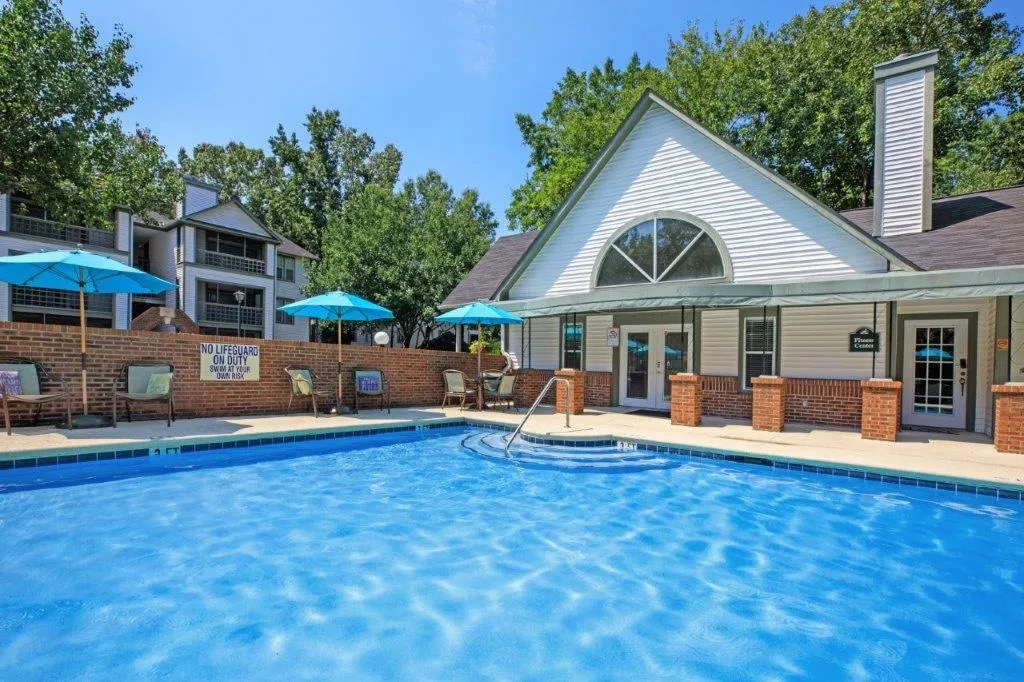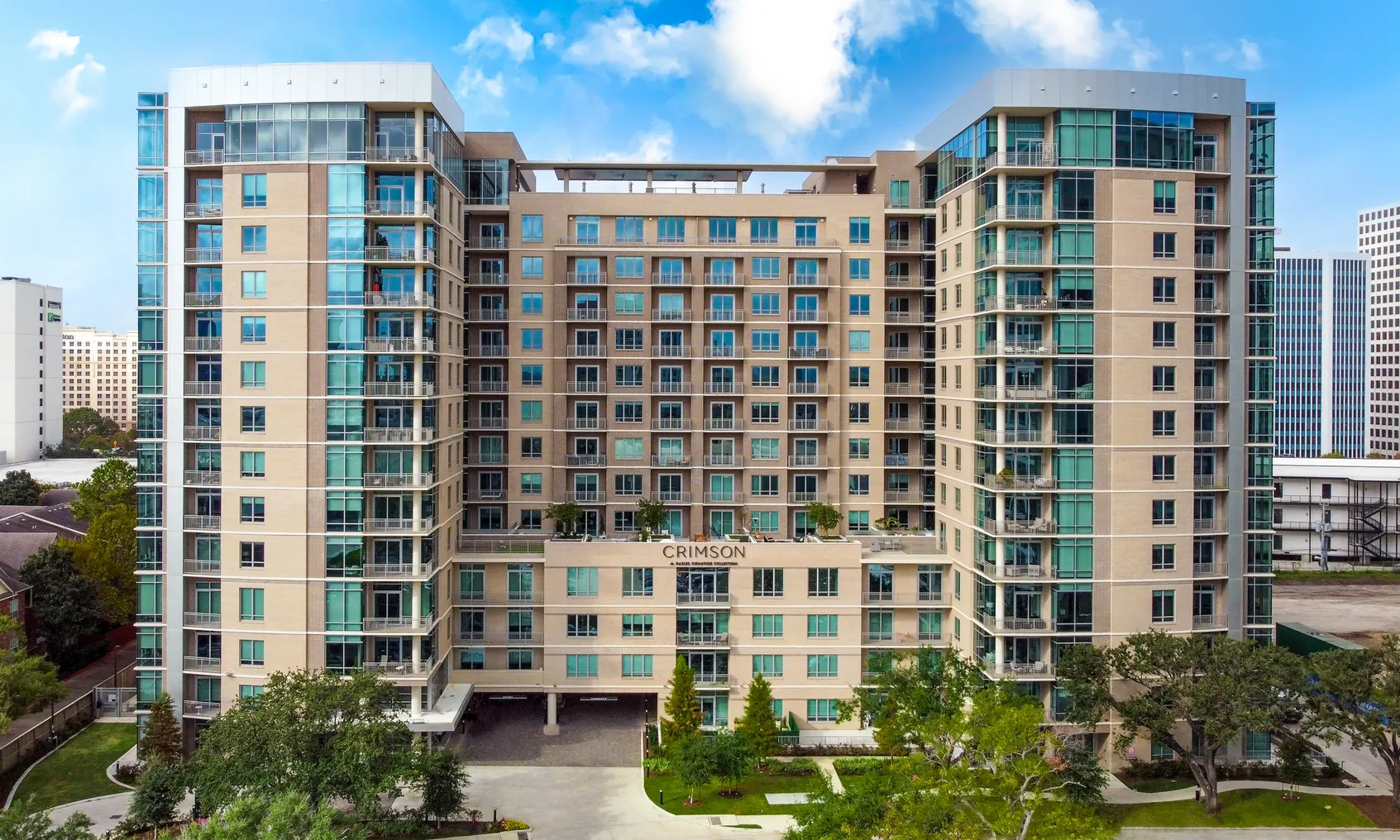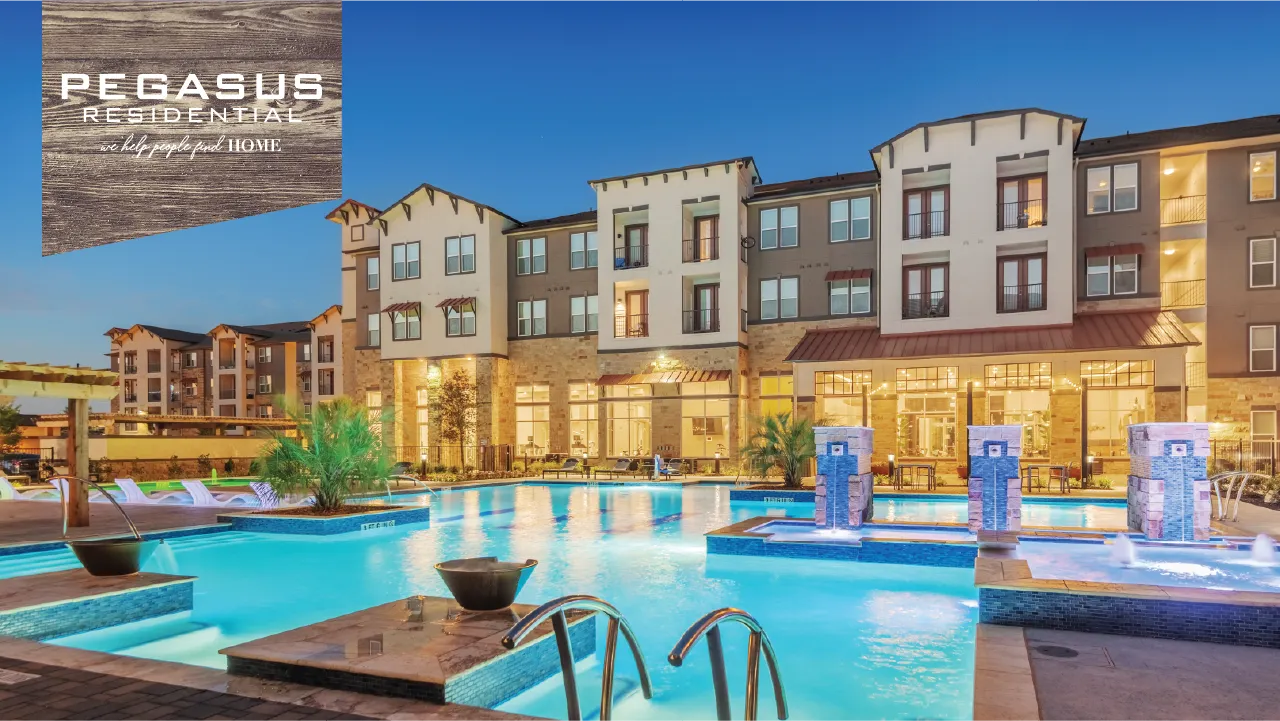
How Fogelman approaches centralization
Like most apartment operators around the country, Memphis, Tennessee-based Fogelman Properties is thinking about how to incorporate centralization in its management model.
But Fogelman Chief Administrative Officer Melissa Smith told Multifamily Dive that cutting headcount isn’t the driver.
“All of our conversations around centralization are not all about cost savings, but perhaps repurposing the work and enhancing the resident experience,” she said. “So clearly that’s not taking all of the people out of it.”
Instead, Fogelman wants to meet its residents and prospects where they want to be. “A big part of that is online,” Smith said.
For instance, when residents use virtual tours, property staff are freed from showing apartments.
“Those tours are after hours and they enable us to provide additional benefits and flexibility to employees by closing on a Saturday or Sunday,” Smith said.
Although Fogelman is looking at tech as an enhancement, the company doesn’t expect to go as far as some of the REITs, like Arlington, Virginia-based AvalonBay Communities and Denver-based UDR, which are experimenting with properties without staffers. “We're in garden apartments so I don't envision us ever going staff-free,” she said.
Here, Smith talks with Multifamily Dive about centralizing administrative functions, the role of artificial intelligence and the continued tight labor market for maintenance technicians.
This interview has been edited for brevity and clarity.
MULTIFAMILY DIVE: What are you focusing on when it comes to centralization?
MELISSA SMITH: There are three things you can centralize — maintenance, leasing and administrative functions. We are focusing on administrative functions first for a couple of reasons. One, that's the rote work that happens over and over and over again. And when you have turnover — and in our industry there's still a lot of turnover — if we can move that off-site and not have to retrain and retrain on it, it benefits everybody.

And then, two, everybody is looking for workplace flexibility and being remote. We're hoping we can sustain a role that maybe people can do remotely. And they can be with us long-term in this transitional market. One “simple” change in structure that can benefit many.
How are you looking at artificial intelligence to supplement your teams?
We are testing [artificial intelligence chat-based] products just to get to the low-hanging fruit that people are spending their time on. If they can have that handled, they can raise the level of performance for the property.
I'm actually interviewing for a senior IT leader. I've been chatting with a lot of people across a lot of companies. It has been interesting. Everybody seems to be focused on having all of this technology and all this data, making sure that we are using it in the most efficient way and using the data in an actionable way. We’re trying to find that balance in our industry, which continues to be a challenge.
Do you think the number of people working at apartment properties will go down as companies adopt these technologies?
That's where I think a lot of the dialogue is happening. The old one-person-per-100-units doesn't work anymore, but I'm not sure where it shakes out. You're not dropping by a full person on a 300-unit property. You're not going to two on that size property if you're still keeping office hours open. So maybe you're at two and a quarter or something like that. Those people are still working, but they're just not working at the property.
Are there any other factors to consider?
I also think it's going to depend on the age of the property, which it does now to some extent. You can do with less on newer, high-end luxury, but then the residents want the time and attention. Older assets are a little more time intensive and labor intensive. And then it depends on if it's a full garden or if it's mid-rise. I just don't think it's as easy as some people think. This is where it will be fun to explore centralizing some maintenance functions as well.
How will maintenance teams change?
On the maintenance side, you’re trying to find your local experts. So you might have a service team of four people on site. You can't always have an expert. A lot of them are generalists. So if we have two plumbing experts in Atlanta, why should they be tied to one property? It's like calling a contractor but you have them in-house and they can go out to any property. So in my mind, that's another easy way to continue to promote people, allow them to have their niche, and that benefits all of our properties.
Click here to sign up to receive multifamily and apartment news like this article in your inbox every weekday.









